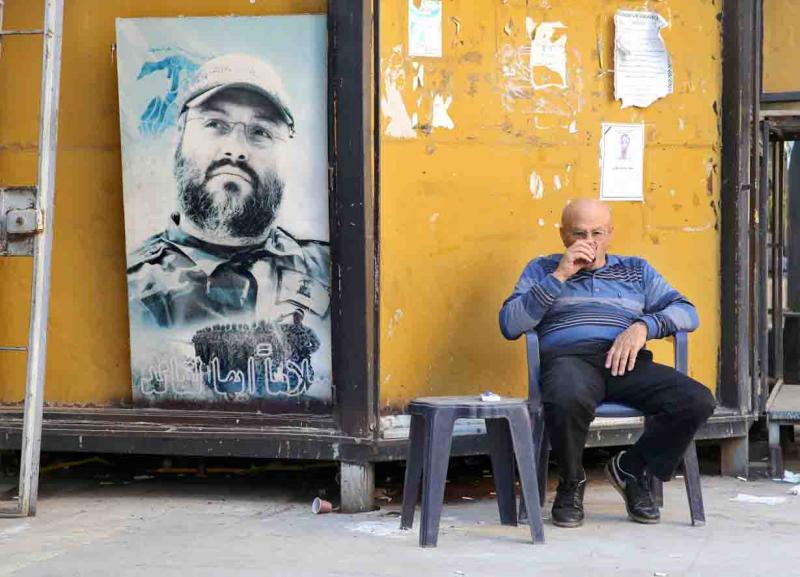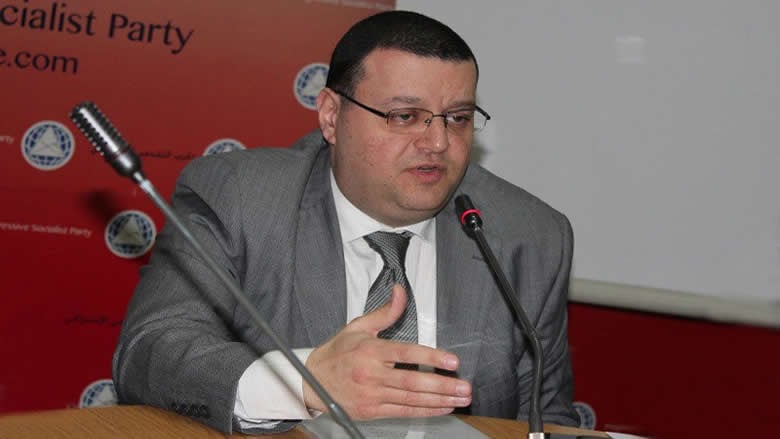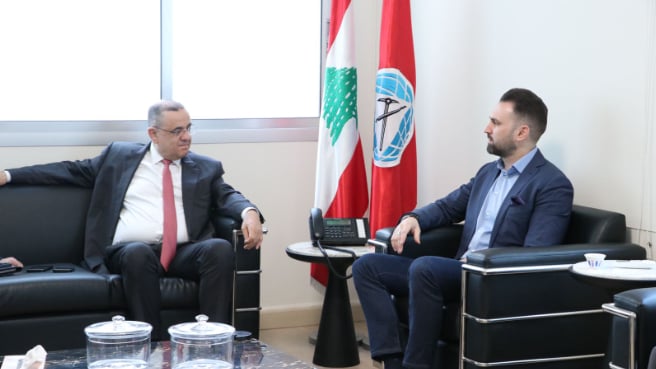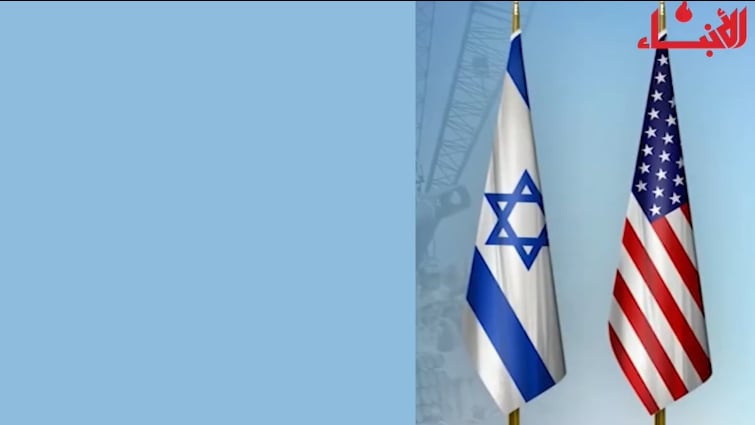Mike Pompeo was not the first US secretary of state to visit Lebanon and he will probably not be the last. His recent visit, however, unleashed a wave of criticism from Hezbollah and its allies, which are under increasing pressure from the United States.
Lebanon has traditionally sought good relations with Washington and ties between the two countries run deep. Lebanese veterans remember when 14,000 US Marines descended on the Lebanese coast in 1958 as US President Dwight Eisenhower worked to counter the rising wave of Nasserism.
During the 1975-76 war in Lebanon, Washington quietly gave Syria President Hafez Assad the green light to send troops into Lebanon to end the fighting. War, however, continued until 1990 and the Syrian tutelage remained until 2005, after the assassination of former Lebanese Prime Minister Rafik Hariri.
During the Reagan era, the US Embassy in Beirut was attacked, killing 63 employees and leading to its military withdrawal.

Today, US President Donald Trump is pursuing a hard-line policy against Tehran and its allies, chief among them Hezbollah.
“Our pressure on Iran is simple. It’s aimed at cutting off the funding for terrorists and it is working,” Pompeo said in Beirut, adding that Iran had given as much as $700 million to Hezbollah in a year. “We believe that our work is already constraining Hezbollah.”
In Lebanon, Hezbollah is acknowledged as a legitimate political party with representatives in parliament and the cabinet. However, there has always been a demarcating line between the state’s official stance and that of the party, which raises eyebrows over the question of political legitimacy.
Former Lebanese President Michel Suleiman (2008-16) worked to develop a unified defence strategy that would give the Lebanese state an upper hand on war and peace issues vis-a-vis Hezbollah.
The Baabda Declaration, approved unanimously — including by Hezbollah — in June 2012, called on the state to respect all international resolutions, including UN Resolution 1701, which called for “the cessation of hostilities between Lebanon and Israel.” The resolution continues to be respected.
Now, however, Lebanese President Michel Aoun, whose success is largely due to Hezbollah support, has publicly backed Hezbollah’s position on the issue of armed resistance.
Lebanese Foreign Minister Gebran Bassil, who is also Aoun’s son-in-law, has taken the same line, telling Pompeo that Lebanon has “the natural right to defend itself and to resist any occupation of its land. This is a holy right.”
Aoun, meanwhile, has not fulfilled his pledge to re-examine the country’s defence strategy after the creation of a new cabinet. He has also defended Hezbollah’s access to weapons as necessary to ensure national security.
His words put Lebanon fully in line with Hezbollah. Any form of political manoeuvring that seeks to draw a distinction between Lebanon the state and Hezbollah the party is no longer an option.
And, with the United States ramping up pressure on Iran and Hezbollah, Lebanon seems to be putting itself in a jam.





